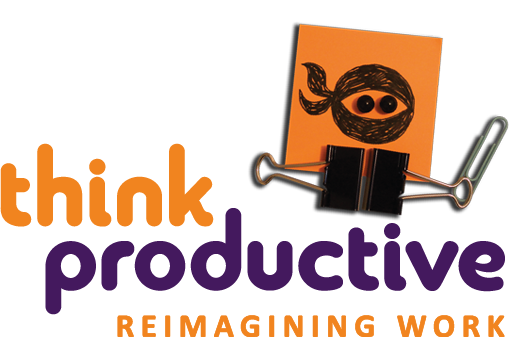Matthew Brown is our London Productivity Ninja, delivering time management workshops with a difference
This is Part 2 of a 3 part blog post series. Read the introduction/Part 1, and and read more by Matthew on his blog
Availability Bias
Our brains are lazy.
When faced with a complex problem, we are reluctant to crank up System 2; we much prefer to leave it to System 1.
The Availability Bias is simply the idea that, faced with the hard work of assessing the probability of a given occurrence, we will avoid doing the thinking and substitute an assessment of the ease with which that occurrence comes to mind.
 When people are asked about the relative probabilities of different types of death, death by accidents was judged to be more than 300 times more likely than death by diabetes, but the true ratio is 1:4. The lesson is clear: estimates of causes of death are warped by media coverage, as the coverage is biased toward novelty and poignancy.
When people are asked about the relative probabilities of different types of death, death by accidents was judged to be more than 300 times more likely than death by diabetes, but the true ratio is 1:4. The lesson is clear: estimates of causes of death are warped by media coverage, as the coverage is biased toward novelty and poignancy.
The ease with which ideas of various risks come to mind and the emotional reactions to these risks are inextricably linked. Frightening thoughts and images occur to us with particular ease, and thoughts of danger that are fluent and vivid exacerbate fear.
Kahneman concludes his chapter on Availability with a couple of neat quotes that show both sides of the Availability problem:
“Because of the coincidence of two planes crashing last month, she now prefers to take the train. That’s silly. The risk hasn’t really changed; it’s an availability bias”.
“He understates the risks of indoor pollution because there are few media stories on them. That’s an availability effect. He should look at the statistics”.
Read Part 1 (including introduction) to this blog series
Sign up for our London workshops – How to Get Things Done and Getting Your Inbox to Zero
Happiness Versus Well-Being (psychologytoday.com)
Find out about Think Productive UK founder Graham Allcott‘s Diceman Experiment
8 Traits of Ninja Decision Making thinkproductive.co.uk


